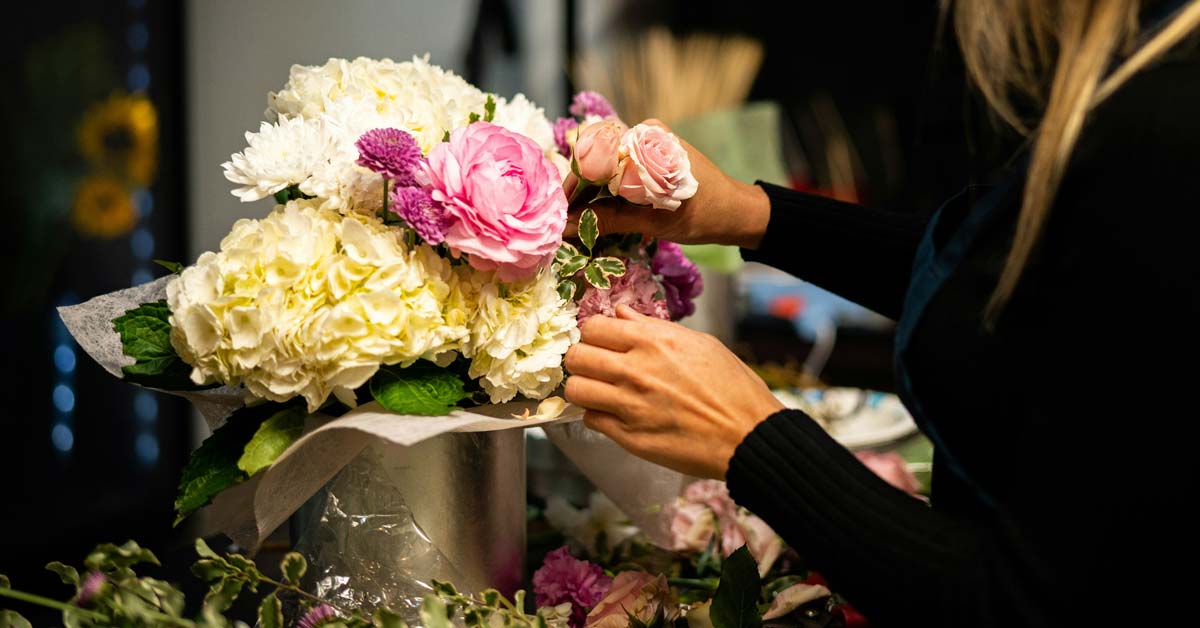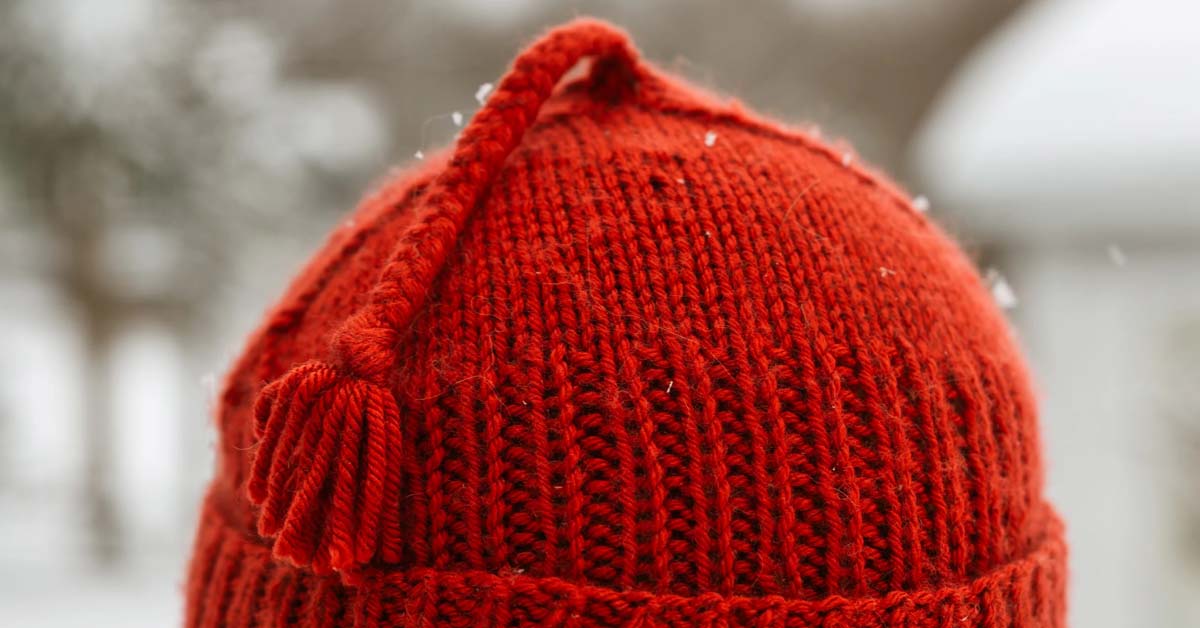As Barbie reclaims her seat as the queen of dolls — in 2024, with more diverse models than ever — and American Girl dolls reenter the cultural zeitgeist, children with disabilities are still looking for the perfect representation to play with.
While Barbie now makes dolls with down syndrome, or even Barbies that come with mobility devices like wheelchairs, The Doll For All is interested in a doll that can be customized to any child’s disability.
For over five years, company president Marsha Roberts and her scrappy team of expert designers have been working to create The Doll For All — a prototype of a doll that, ultimately, can be made to fully embody any disabled child.
The idea for the company is based on the experience of a young woman, Aysha, who, following brain surgery at age seven, met a myriad of disabled children during her visits to hospitals and health care facilities.

“She realized these kids didn’t have a doll that looked like them, and she dreamed of making a doll that could be altered for whatever disability or medical needs a child may have,” the company’s website reads. “After many years, her dream is finally coming true.”
The first dolls, Evie and Max, are designed with limb differences in mind. The company’s inventor, Rick Harrison, started making his first arm prototypes with vinyl pieces from other dolls, wood, and even refrigerator tubing.
Since this initial creation, The Doll For All has worked with skilled craftsmen to refine and 3D print the design, now culminating in an 18-inch vinyl doll made of a total of 71 parts, with over 30 joints and specifications.
This is in contrast to other similarly-sized dolls, which can usually only move at the hips and shoulders.

“Evie and Max move more like kids do,” Roberts says in a video for a fundraising campaign. “The point is, our dolls are as wonderfully made as the kids they represent.”
Another important value for the company, Roberts says, is manufacturing in the United States. To allow for customizations, the dolls are hand-crafted and individually assembled in Chattanooga, Tennessee.
“Since they’re individually assembled to look so much like the child that cherishes them, they’re intended to be passed down from generation to generation — a legacy doll,” Roberts continues in the video.
The venture is still small, but through Kickstarter and Indiegogo campaigns, The Doll For All is eager to finally send out its first iterations to real kids who will benefit from seeing a doll that looks just like them.
Starting with a goal of $4,500, the funds raised through Indiegogo will contribute to more 3D printing equipment, materials like vinyl-like resin, and final design elements for prosthetic legs and “lucky fins,” or hands that include limb differences.
At the start of the new year, the campaign exceeded its goal and will now use any additional funds to scale production and get dolls in the hands of kids who need them most.

“Now’s your chance to make an impact on so many children’s lives,” the startup’s Indiegogo campaign says. “Kids need to see toys and dolls like themselves. Celebrating uniqueness builds awareness and increases self-esteem.”
From here, the company hopes to begin designs on other versions of disabled and non-disabled dolls, offering even more options for representation.
“On the drawing board right now are more dolls that look like kids,” the website shares. “In our initial release, we plan to have boys and girls who are Caucasian, Black, Asian, Hispanic, and Latino.”
While the dream is for children to send in a photo of themselves and get a custom-made doll in return, this start is promising.
Roberts says: “Together we can do what the big toy companies have not been able to accomplish: provide a doll that can be customized to all kids.”
Header images courtesy of The Doll For All



